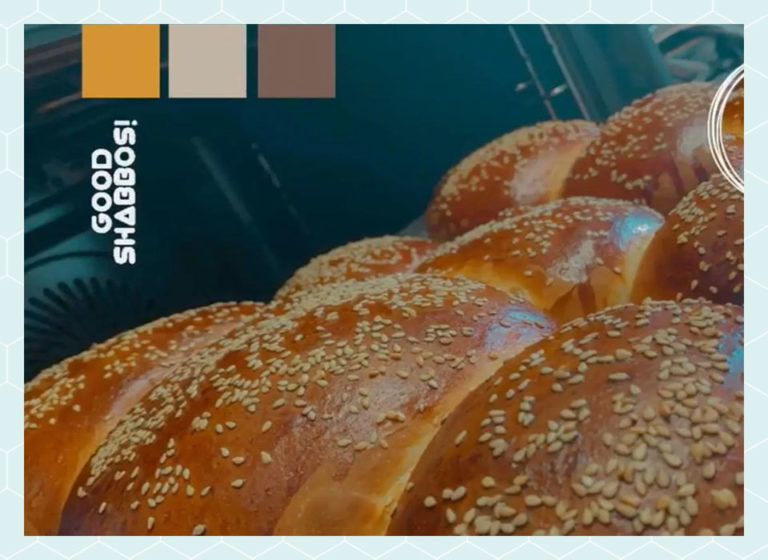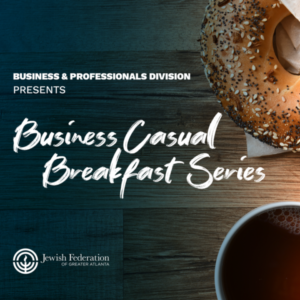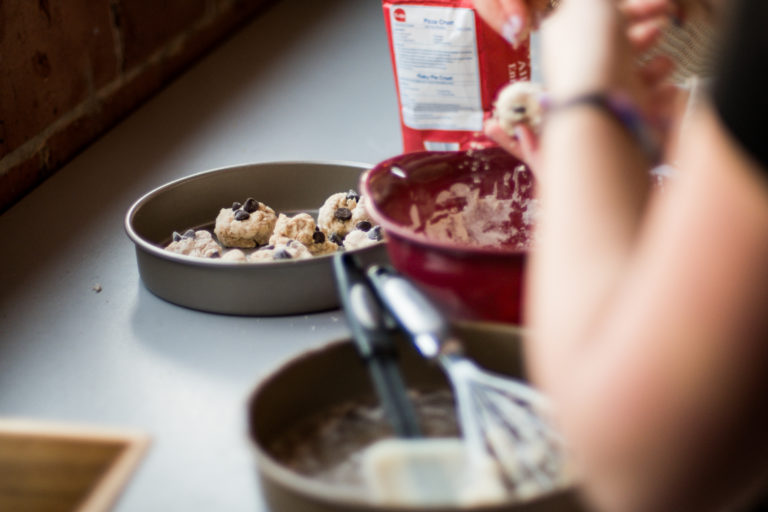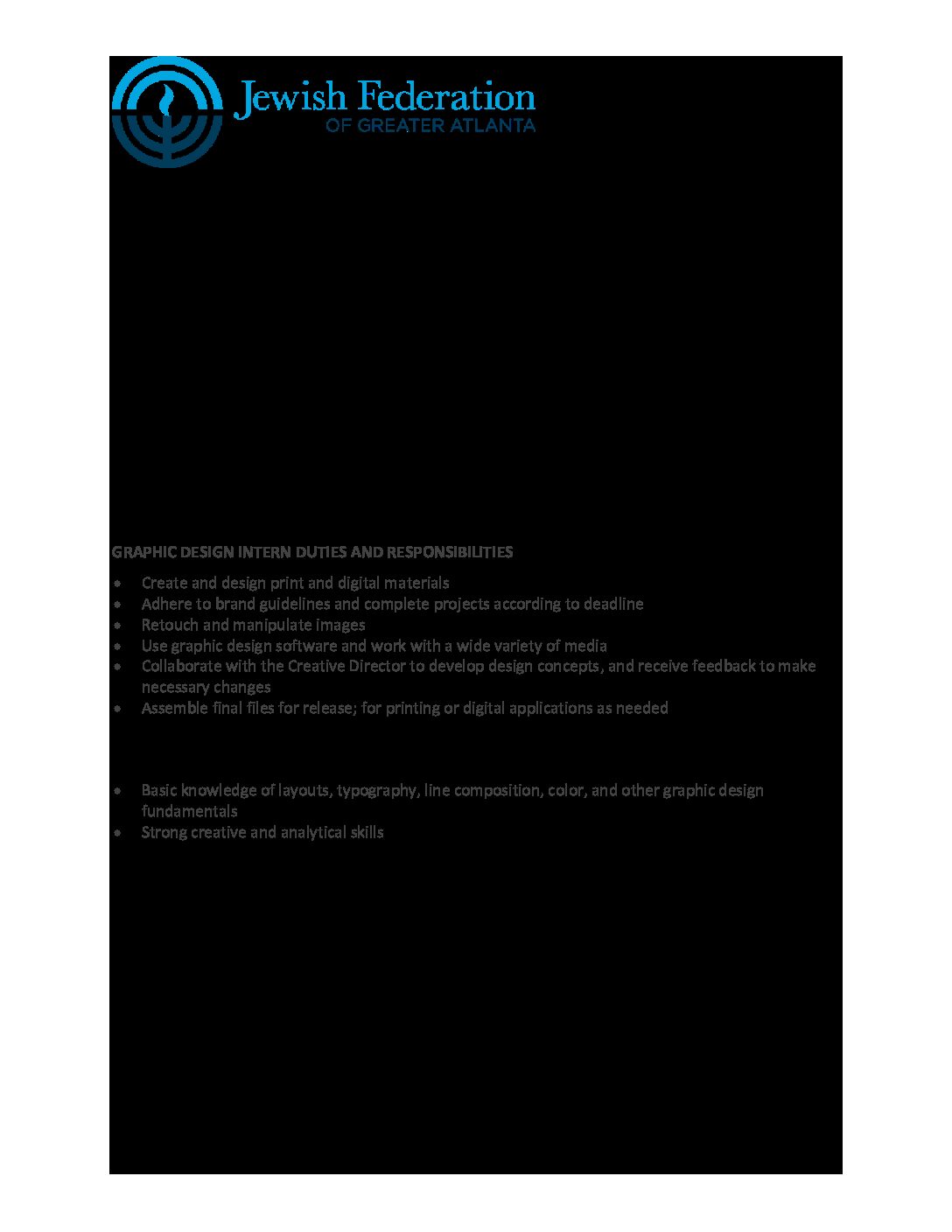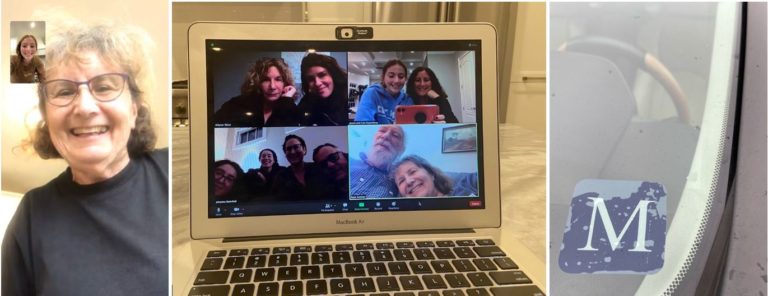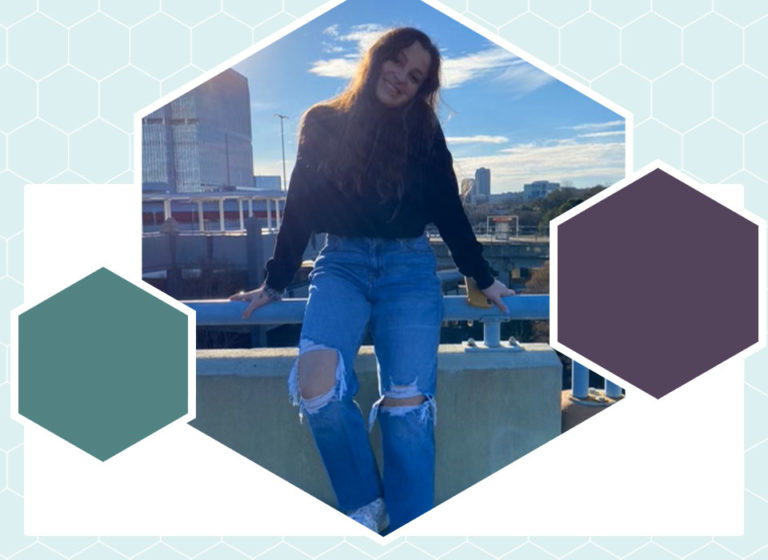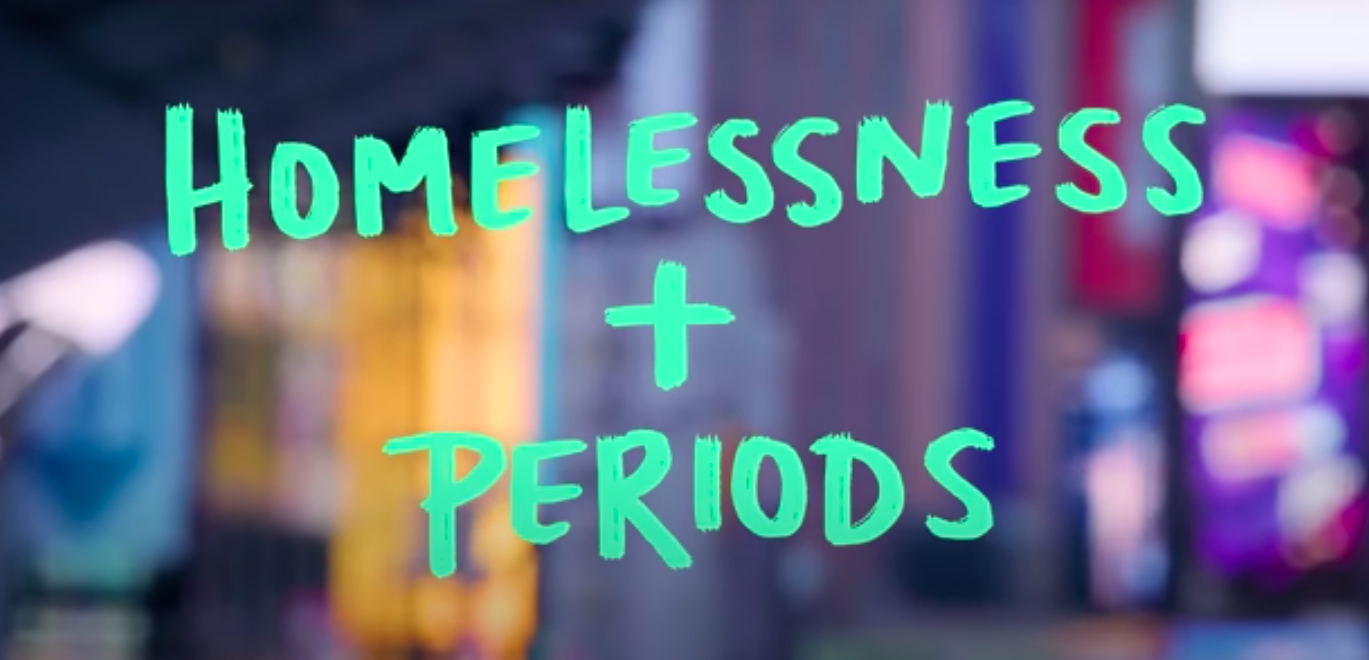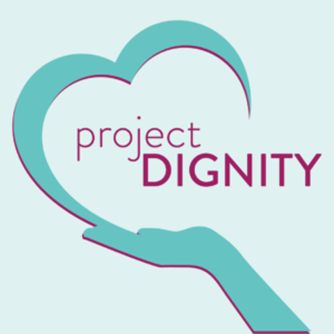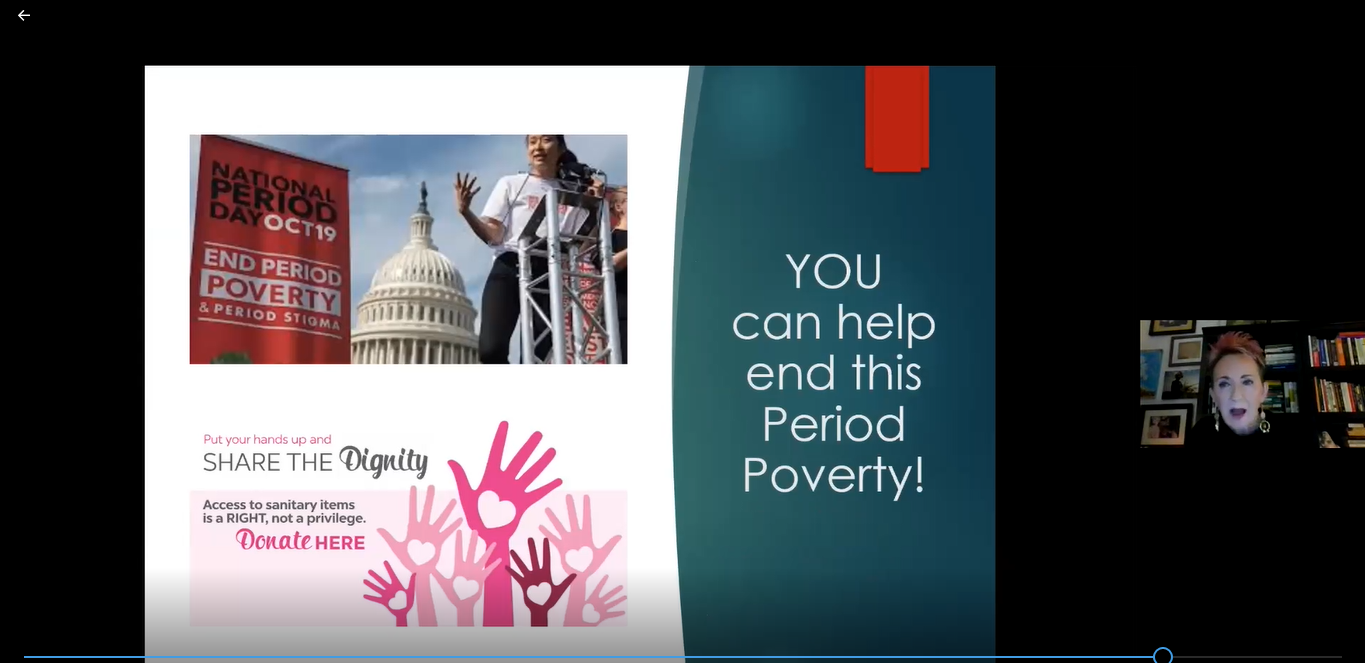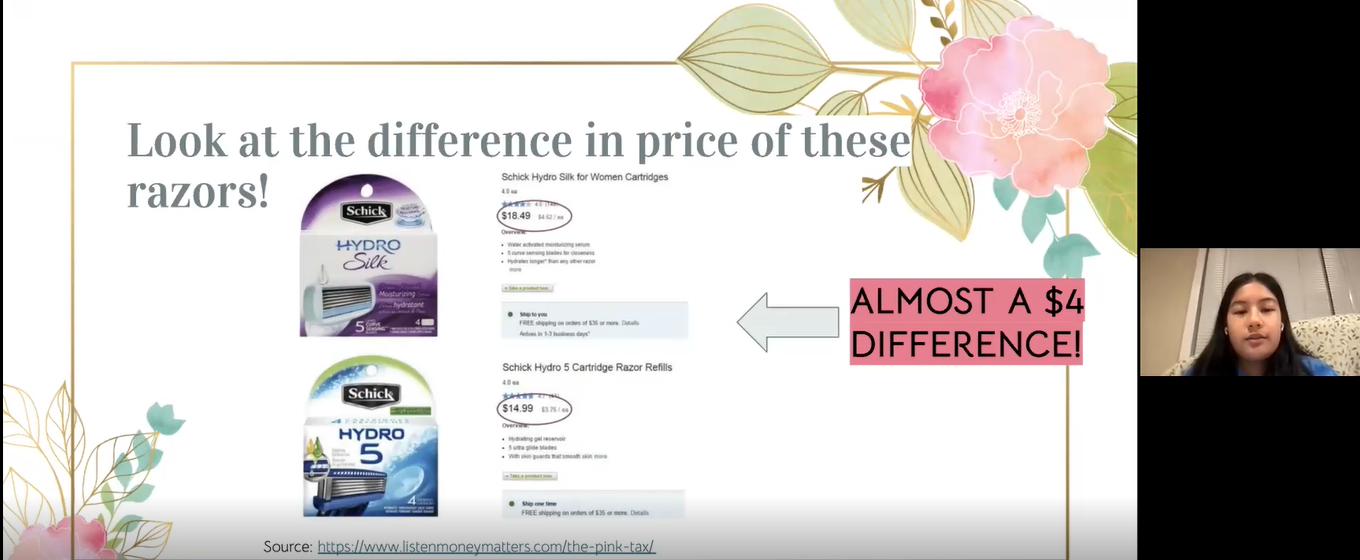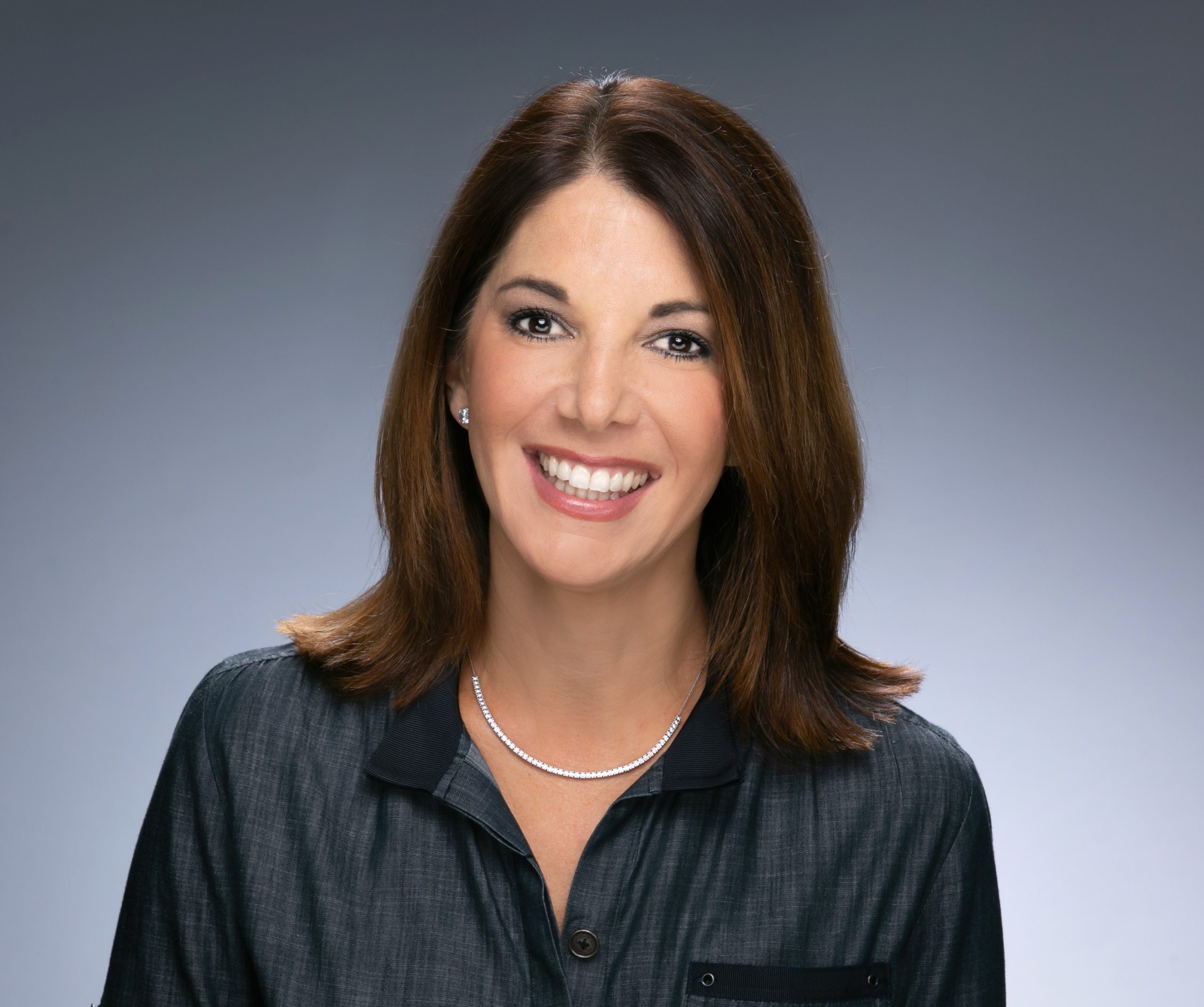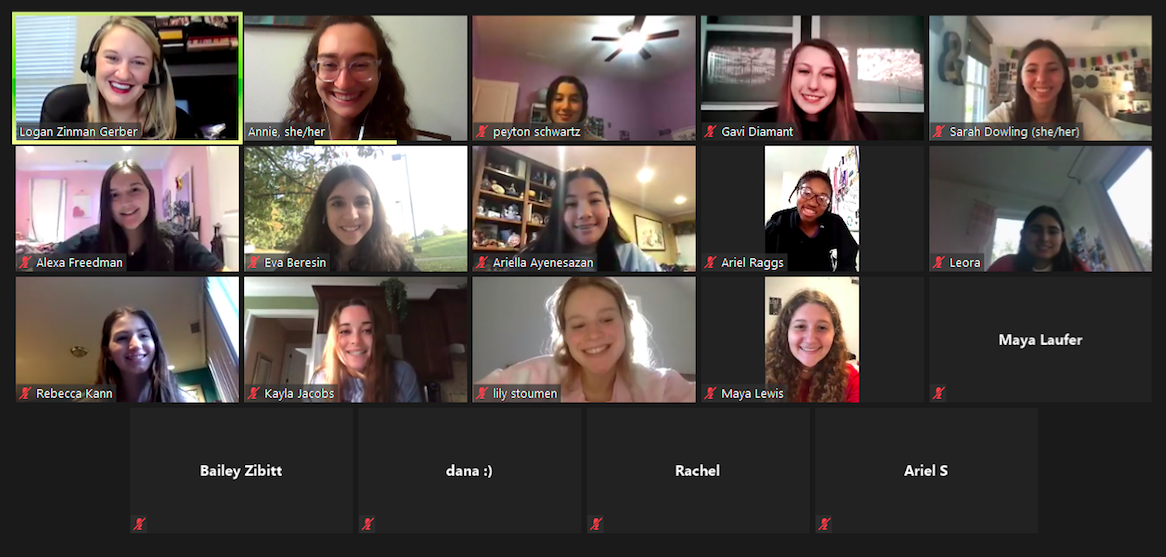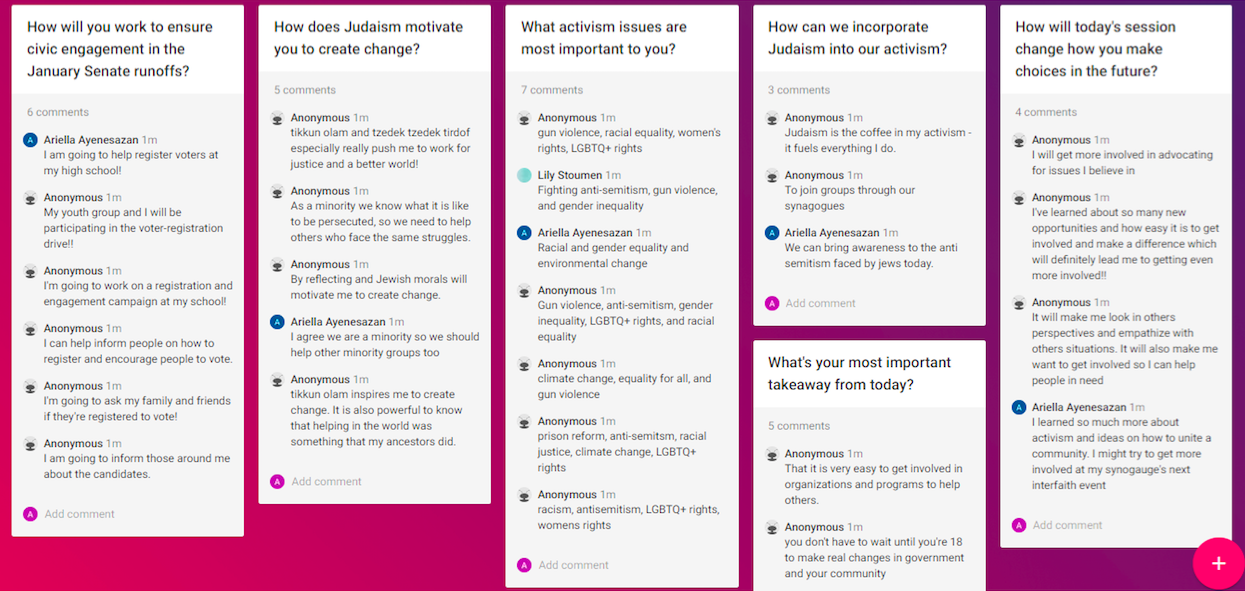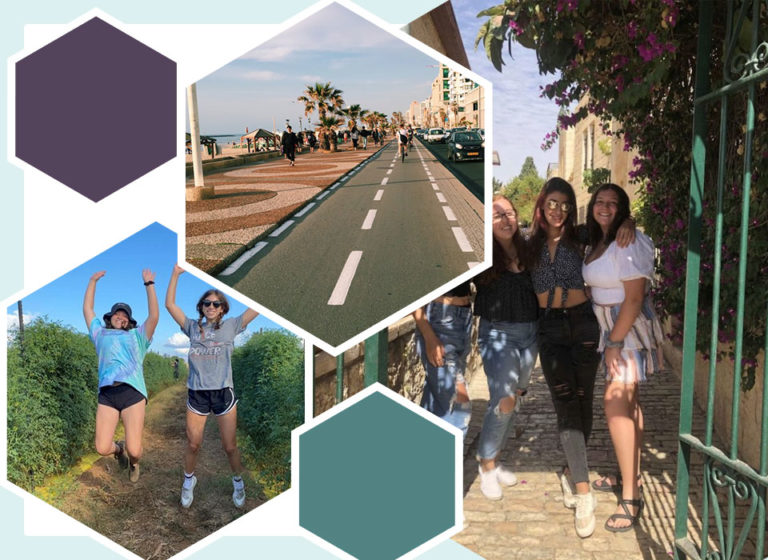
Jenna Sailor and Peyton Schwartz, Strong Women Fellows, co-authored this article, originally published in VOXATL.
Sara Zoldan, who has taken up the profession of being a health and dating coach, is showing people all over the world how to become more confident in themselves and their bodies, as well as aiding women of all shapes and sizes in finding their perfect partners. You may be thinking, how is she helping people all over the world if she doesn’t travel for work that often? Well, the answer is her Instagram. By using her platform on social media, Sara is able to reach people everywhere with her health and romance advice and knowledge, which allows her compassionate and accommodating aura to be felt by many.
Sara’s interest in health was first piqued shortly after she moved to California from Toronto at the age of 21. She decided to take on Crossfit in order to achieve a healthier body. She describes her physical struggles during her first session: “I start running around the block and halfway through I’m down to a total crawl. I get back to the gym huffing and puffing, and thank God I had my asthma inhaler with me because I needed it.” However, she said that afterwards Crossfit was all she could talk about. Zoldan became immersed in the Crossfit world, eventually becoming a Crossfit coach herself. Up until COVID-19, she helped others to reach their health goals, teaching them that they didn’t have to look a certain way to be considered healthy, and Zoldan practiced what she preached. Crossfit played a huge role in Sara’s journey toward becoming her healthiest and happiest self.
This winter, Zoldan talked to JumpSpark’s Strong Women Fellowship, a group of Jewish teens from all over Atlanta, about her experiences in the realm of fitness and body image, both the good and the bad. Sarah has coached many young women in finding love regardless of their size. She educated us: impressionable young women on how to feel good about ourselves with the unreachable beauty standards of today’s world. She helped us identify why we may associate negative things with our bodies, or think badly of them: Getting weighed in PE and at the doctor’s office, being criticized by our parents, and seeing all of the perfect bodies on our Instagram feeds were just a few of the underlying reasons for our perceptions of ourselves. With Zoldan’s guidance, we were able to realize that most of us feel very similarly when it comes to our bodies, and we are influenced by many of the same things.
One of the most empowering things we did in this session was listening to the song “Scars to Your Beautiful” by Alessia Cara. As a group, we took a moment to really feel the weight and meanings of the lyrics, such as: “And you don’t have to change a thing the world could change its heart.”
The activity that stuck with Jenna the most was when we went into breakout rooms and thought of the things on social media that make us happy versus the ones that don’t make us feel as good. Zoldan explained that our confidence is extremely sensitive to social media. For example, seeing countless touched-up images of girls with flawless bodies pushes negative, intrusive thoughts into our minds; whereas, seeing a picture of a funny cat will increase confidence and make us laugh. The overall message of this activity was to demonstrate how destructive self-comparison can be and to shed light on the number one catalyst of it: social media.
Zoldan is changing the way women view themselves and leading by example in how to love oneself in order to project that love to others. She has helped us to recognize the very demanding beauty standards in society, and honor our own individual beauty — even if it does not conform to those standards. Ultimately, our meeting with Sara Zoldan provided us with a lot of insight on how to create and maintain a good relationship with our minds and our bodies.
Peyton Schwartz, 15, is a sophomore at Pope High School in Marietta, GA, who enjoys listening to music and spending time with friends.
Jenna Sailor, 15, is a sophomore at Dunwoody High School in Dunwoody, GA.
